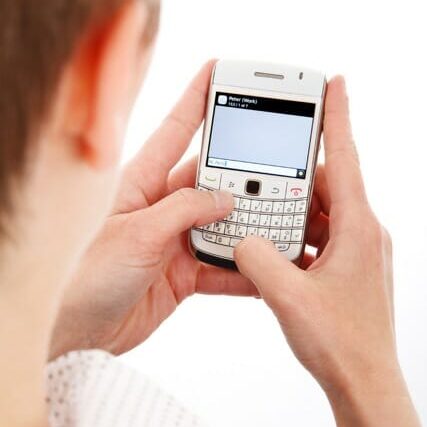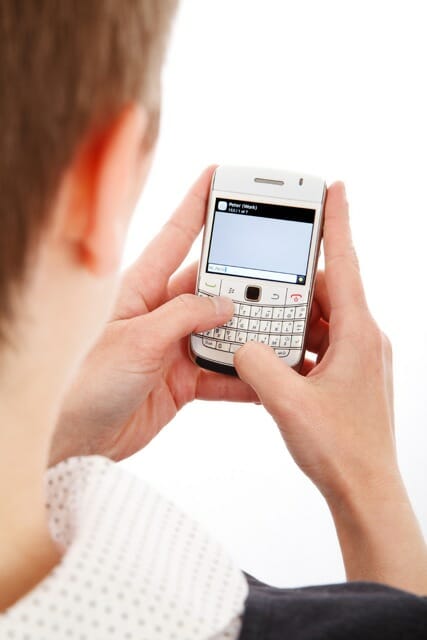
I recently came across a blog post by marketing copywriter Amber James on typo apologies sent from mobile devices. You know the ones: “Sent from my iPhone/Blackberry/Android/tablet. Please excuse the typos.” The phrase litters the signature box of emails sent by droves of (usually articulate) people. After laying out the facts, James posed an interesting question: “Should we excuse them?” And, perhaps more importantly: “Should we excuse ourselves?”
That got me thinking. Today’s society is one obsessed with speed and convenience, and we’re always looking for ways to cut corners and save time. But if technology really is making our lives easier, why is it we no longer have time to spell-check our emails? Are we really just too busy, or is our dependence on technology simply making us lazy?
There’s a great scene in Richard Linklater’s film Before Sunrise in which Jesse (played by Ethan Hawke) addresses this concept. He asks, “What good is saved time if nobody uses it—if it just turns into more busy work?” He continues by joking, “You never hear someone say, ‘With the time I’ve saved by using my word processor, I’m gonna go to a Zen monastery and hang out.’” Bear in mind this film came out in 1994, but replace the basic word processor with something a little more advanced, like, say, a smartphone, and I’d say he’s right on point.
Consider our everyday interactions: We stay in touch with old friends by commenting on Facebook photos and writing on their “walls”; we interact with co-workers strictly through emails; we even text our housemates when they’re sitting in the next room (or is that just me?). Our methods of contact seem limitless, yet the amount of quality communication in our lives is diminishing. And really, what do most of us do with the time we save by texting instead of calling? Marathon TV shows on Netflix? Work more? Nap?
Before owning an iPhone, I did all my emailing from home. I planned out what I wanted to say, read through it a few times before pressing send, and, by the time that message left my computer, I was confident I’d sent something worth reading. Now, thanks to data plans and rampant wi-fi availability, I can send an email or Tweet to anyone, from anywhere. Whether I’m rushing between classes, sitting in a coffee shop or even standing on the bus, if an idea pops into my head, I just type it up, send it off and continue doing whatever it was I was doing.
We’re experiencing a level of convenience unlike never before, but that doesn’t mean we should allow ourselves to be negligent. If, in the future, we continue to rely so heavily on smartphones and social networking sites (as I’m sure we will), it’s critical that we do so responsibly.
And that brings me back to my first point: Errors are inevitable. Heck, if this wasn’t the case I’d be out of a job and my future would be looking pretty bleak. But that’s just it: We all make mistakes on our first drafts—be it an essay, a speech or an article—and then, through a series of edits and re-writes, we end up with a piece that’s polished and error-free—one we’re proud to say we’ve written.
Should we not hold our daily interactions to the same standard?







